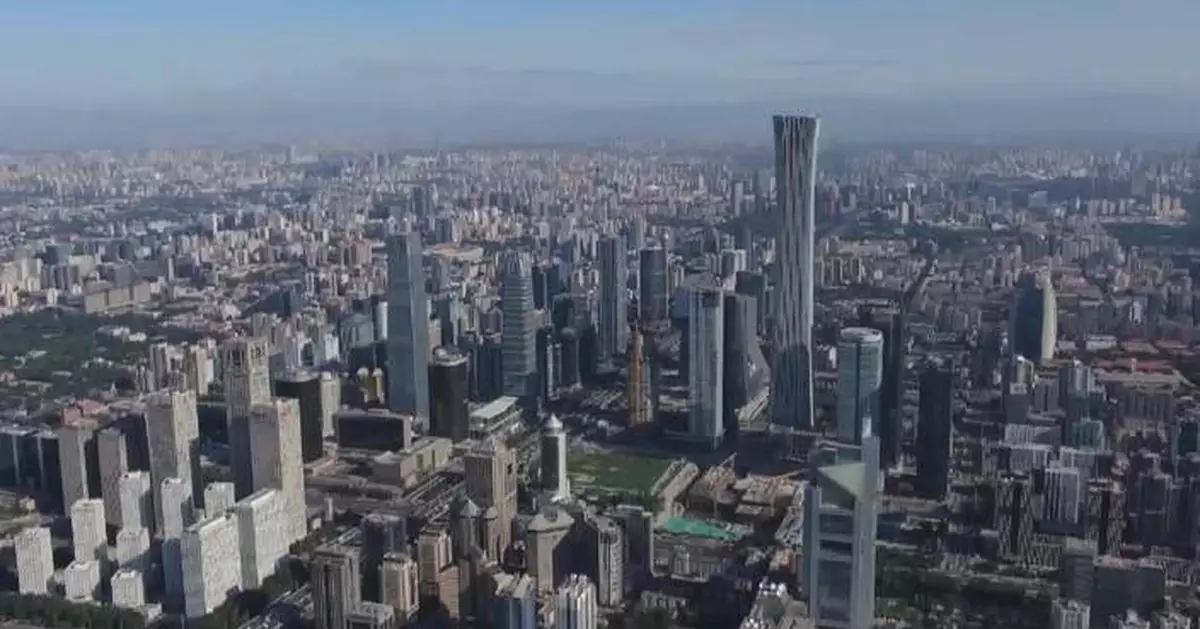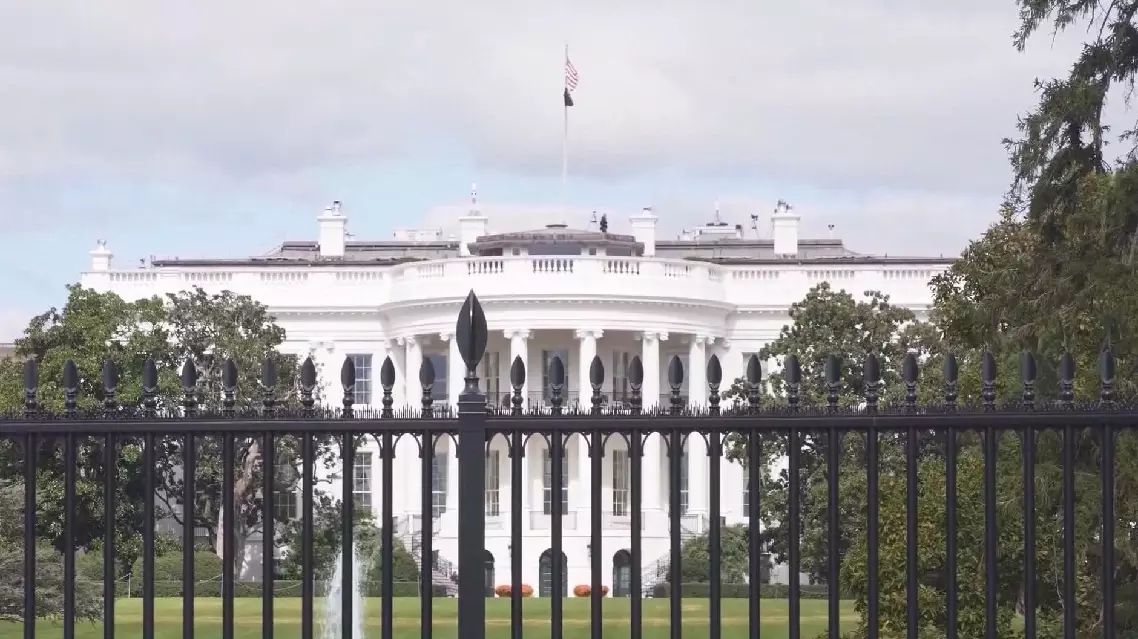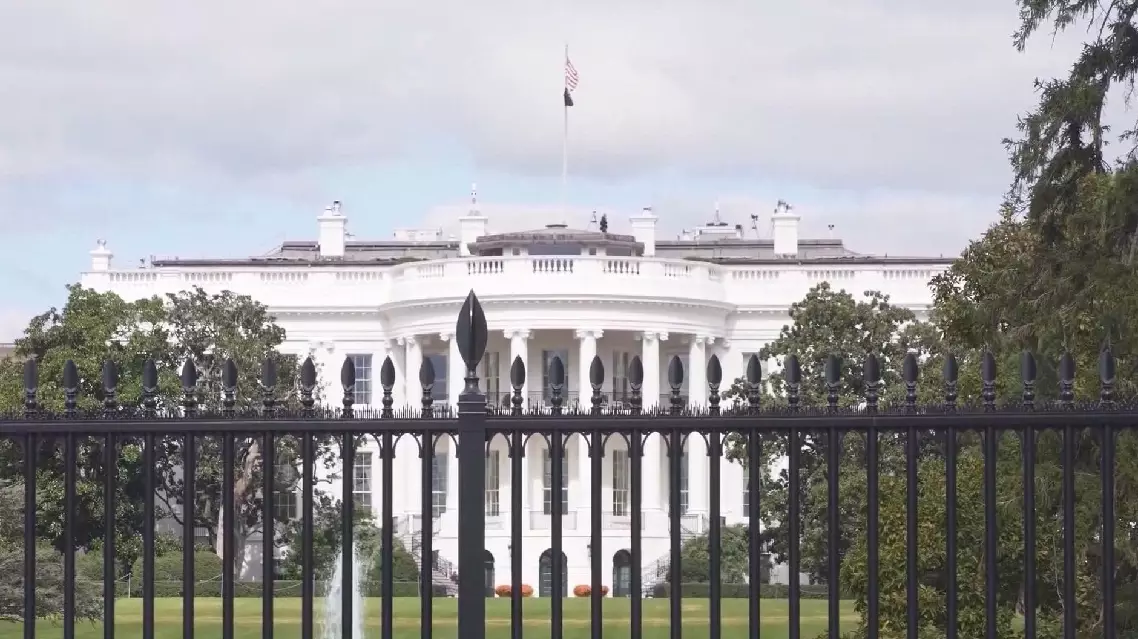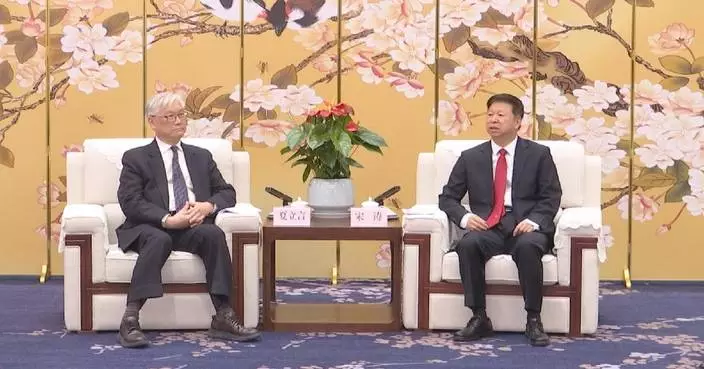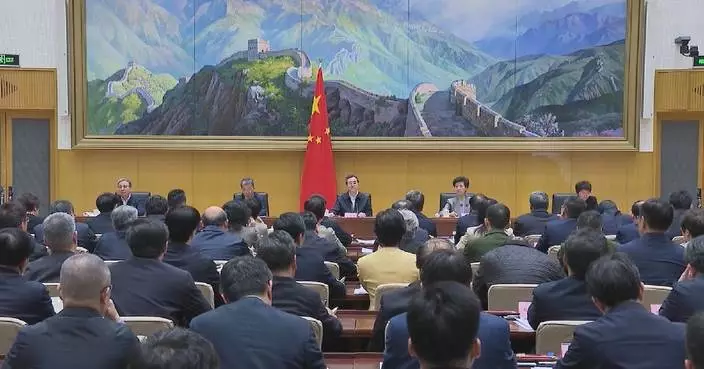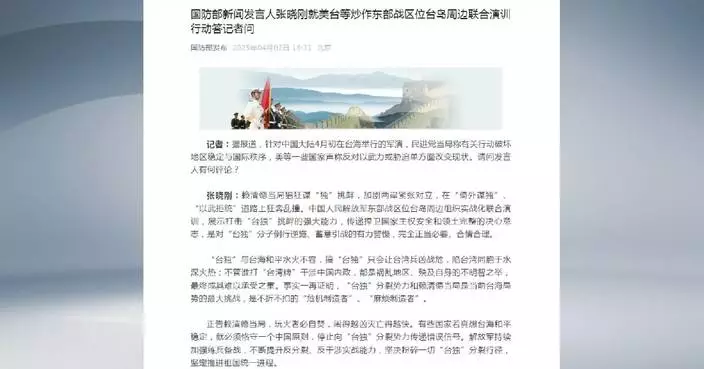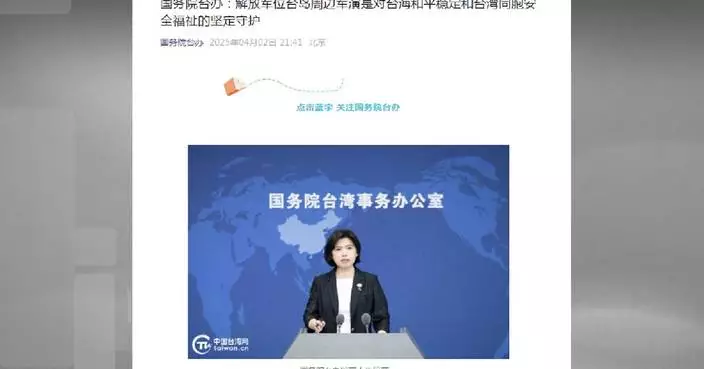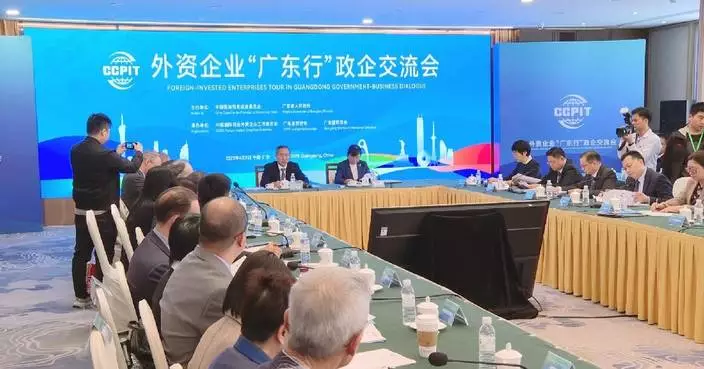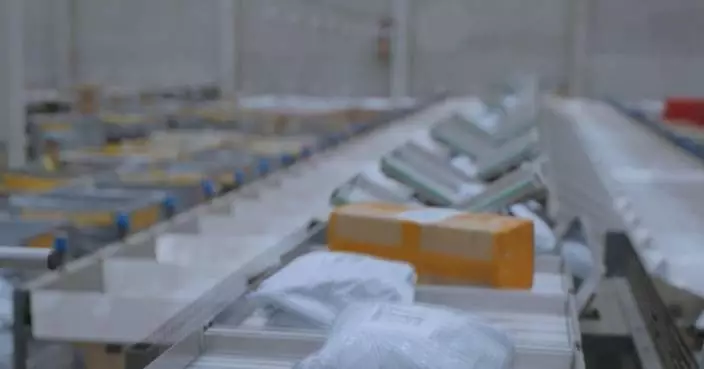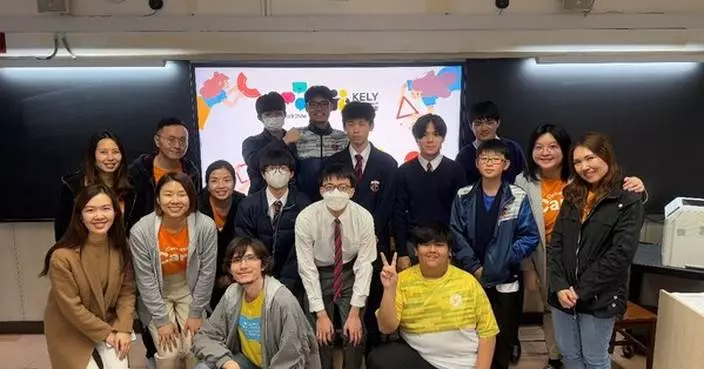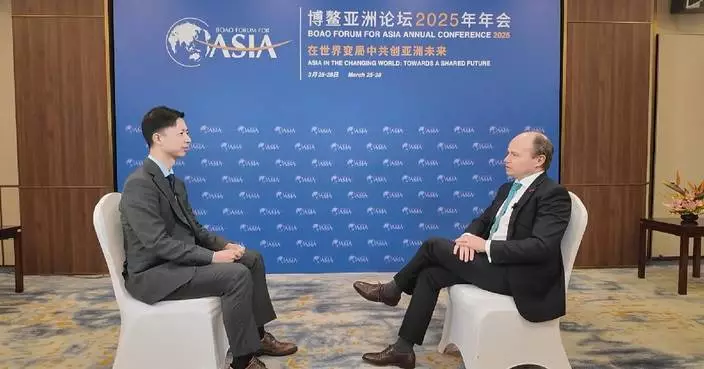A slew of major foreign-invested companies say they are optimistic about increasing investment and expanding operation in China as the country keeps expanding market openness to overseas enterprises.
The Chinese market has been witnessing an accelerating growth of investment from giant foreign-invested companies this year, and their business operation in the country has been thriving as well.
On March 21, Tesla's new Megafactory in east China's Shanghai made the debut battery export of its first batch of Megapack energy-storage batteries.
It took the new Megafactory just over a month after its production launch to achieve its first export, with the batteries being transported from Shanghai Port to Australia.
Tesla's plan to open a Megapack battery plant in Shanghai was announced in April 2023. In May 2024, the construction kicked off. The project took just seven months to complete, setting a new record that surpasses the "Tesla speed" established by the Tesla Shanghai Gigafactory in 2019, which is known for its "groundbreaking production and delivery all in the same year."
Last month, Toyota Motor Corp. announced that it will build Lexus factory in Shanghai in an effort to strengthen its development and manufacturing capabilities in the Chinese market. The plant, set to begin operations in 2027 or later, will focus on producing electric vehicles (EVs) and automotive batteries.
Shanghai stands as an example of China's increasing openness to foreign-invested companies. Currently, the city homes nearly 80,000 foreign-invested companies, over 1,000 regional headquarters of transnational corporations, and 597 foreign-invested research and development centers.
Last month China released an action plan, announcing it will launch opening-up trials for foreign investment in sectors like value-added telecom services, biotechnology, and wholly foreign-owned hospitals.
"The first batch of four foreign-invested enterprises have got approval for value-added telecom services, and another 15 foreign-invested companies have been granted business licenses to operate in fields such as gene therapy and diagnostics, as well as artificial stem cell technologies. We hope to open more fields to foreign-invested companies and offer a bigger market space to them," said He Dongbing, deputy director of Shanghai Municipal Commission of Commerce.
Other major Chinese cities are also receiving growing investment from foreign companies.
On March 21, British pharmaceutical giant AstraZeneca signed a landmark agreement to invest 2.5 billion U.S. dollars in the Chinese capital Beijing over the next five years, and the investment will see the establishment of the company's sixth global strategic research and development center.
In Guangzhou, capital of south China's Guangdong Province, Sunrider, an American-funded company, set a research, development and experience center in the city's Huangpu Comprehensive Free Trade Zone, helping its products reach Chinese customers faster through direct shipping from bonded warehouses.
"The Chinese market has more opportunities, so, our input here is growing at an accelerating pace. China is the most important market to us," said Sunny Beutler, CEO of Sunrider International.
Siemens AG is also improving its services in China, launching 18 products specifically customized for the Chinese market.
"[The products were] developed fully in China, specified in China, developed in China. [They have] Chinese suppliers and manufactured in China. They have a huge chance to really hit the markets," said Roland Busch, president and CEO of the company.
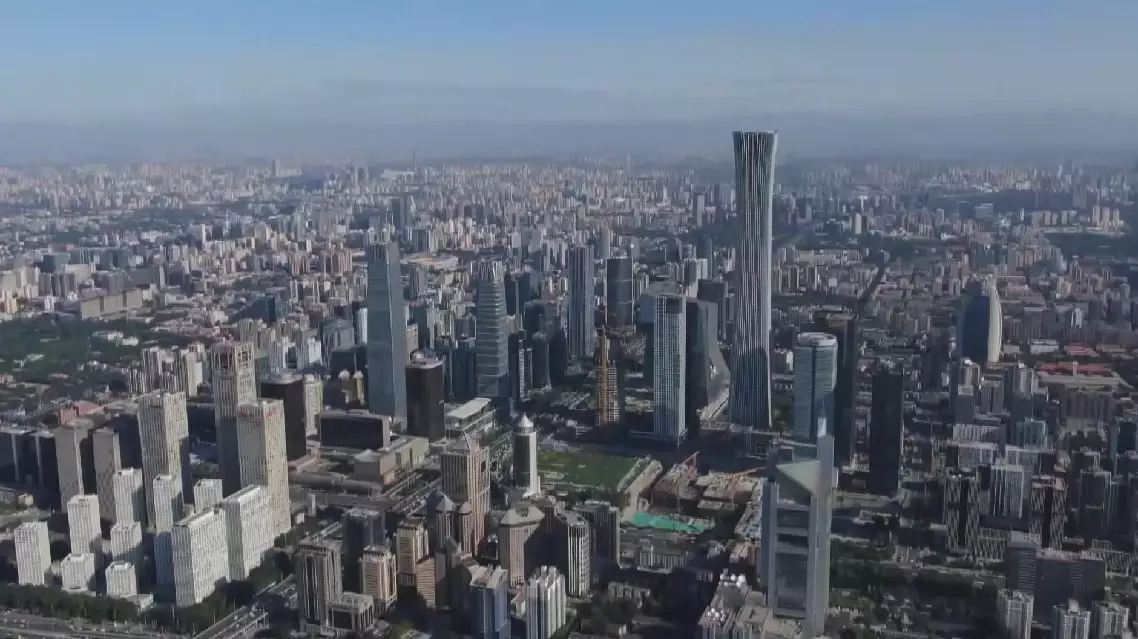
Foreign-invested companies optimistic about expanding investment, operation in China
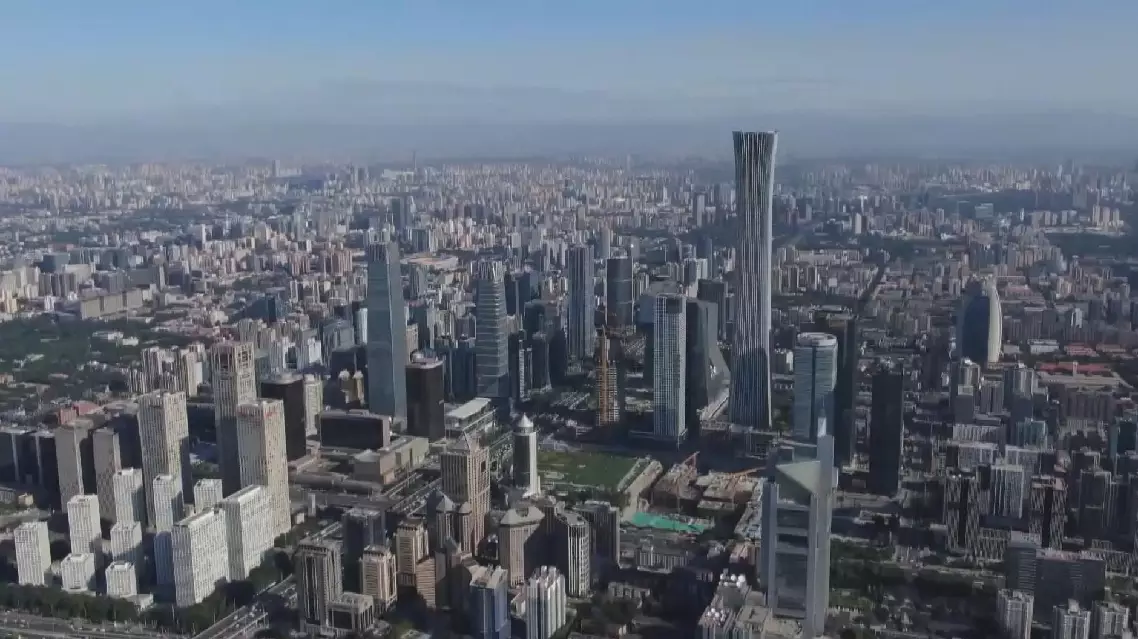
Foreign-invested companies optimistic over expanding investment, operation in China


